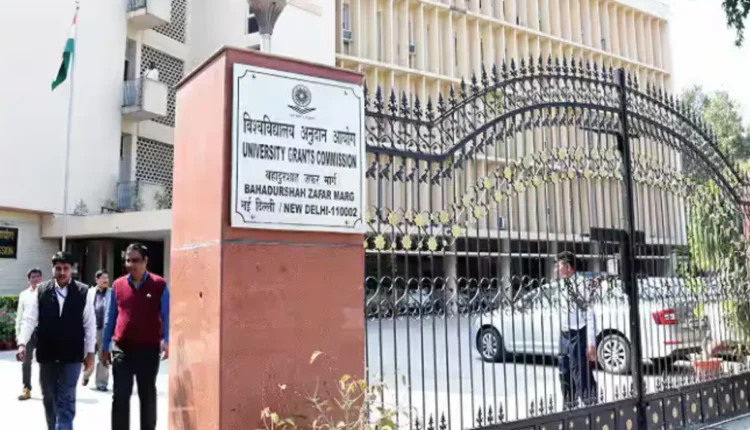India Introduces G20 Talent Visa to Attract Global Scholars and Researchers
G20 Talent Visa: A Gateway for International Academics to India
In a groundbreaking move aimed at placing India at the forefront of global academic and technological advancements, the Ministry of Home Affairs has unveiled the G20 Talent Visa. This strategic initiative, inspired by Prime Minister Narendra Modi’s vision shared during the G20 summit, is designed to attract exceptional talent from G20 countries to contribute to India’s educational and research ecosystem.
What is the G20 Talent Visa?
The G20 Talent Visa, classified under the S-5 sub-category of the student visa framework, targets top-tier international scholars, researchers, and academic professionals. Specifically designed for those involved in post-doctoral research, academic projects, fellowships, and specialized training programs, this visa provides unparalleled opportunities for global achievers to engage in cutting-edge work within India.
The University Grants Commission (UGC) will spearhead efforts to raise awareness about this initiative among higher education institutions across the country. By doing so, the government seeks to ensure that the academic community and prospective applicants fully understand the benefits and scope of this unique visa.
A Vision Rooted in Global Collaboration
During the G20 summit in September, PM Modi emphasized the importance of creating avenues for skilled professionals to explore global opportunities. He proposed the G20 Talent Visa as a way to leverage the intellectual capital of G20 nations, stating:
“Similar to how all countries issue different categories of visas, we can establish a ‘G20 Talent Visa’ as a special category. This type of visa could be highly beneficial for our top science and technology talent to explore global opportunities. Their talent and efforts can contribute significantly to our economies.”
This initiative aligns with India’s broader mission to enhance its scientific and technological capabilities, drive innovation, and create a vibrant ecosystem for global talent exchange.
Key Features of the G20 Talent Visa
- Target Audience: Scholars, researchers, faculty members, and academic professionals from G20 countries.
- Purpose: Facilitate participation in academic projects, post-doctoral research, fellowships, and specialized training programs.
- Sector Focus: Science, technology, engineering, and academia.
- Approval Process: Managed by the Ministry of Home Affairs, ensuring stringent criteria are met by applicants.
- Benefits: A streamlined visa process that enables international achievers to present their innovations, collaborate with Indian institutions, and contribute to India’s educational landscape.
Learning From Global Talent Visa Models
India’s introduction of the G20 Talent Visa mirrors successful global initiatives aimed at attracting top talent.
- UK’s Global Talent Visa:
Focused on exceptional talent in science, engineering, humanities, and digital technology, this visa requires endorsements from esteemed organizations like the Royal Society. It offers flexibility to work across sectors and a pathway to permanent residency. - Australia’s Global Talent Visa:
Designed for high-achieving professionals, applicants must demonstrate expertise in priority sectors and gain endorsement from an Australian body. This visa also facilitates permanent residency for qualifying candidates. - US O-1 Visa:
Aimed at individuals with extraordinary abilities across fields, the O-1 visa demands proof of exceptional talent through accolades and achievements. Unlike India’s G20 Talent Visa, which focuses on academic researchers, the O-1 Visa covers a broader spectrum of professionals.
These models highlight the global trend of leveraging skilled professionals to drive innovation and economic growth.
Strengthening India’s Academic Ecosystem
With the G20 Talent Visa, India is poised to become a preferred destination for global scholars and researchers. This initiative not only enhances India’s academic and technological capabilities but also paves the way for long-term global collaborations.
By creating an environment that attracts international talent, the government aims to:
- Boost research output and innovation.
- Foster cultural and academic exchange.
- Strengthen India’s reputation as a hub for advanced education and cutting-edge research.
Also Read:Kira Narayanan: The Multifaceted Star of Stage, Screen, and Sports

